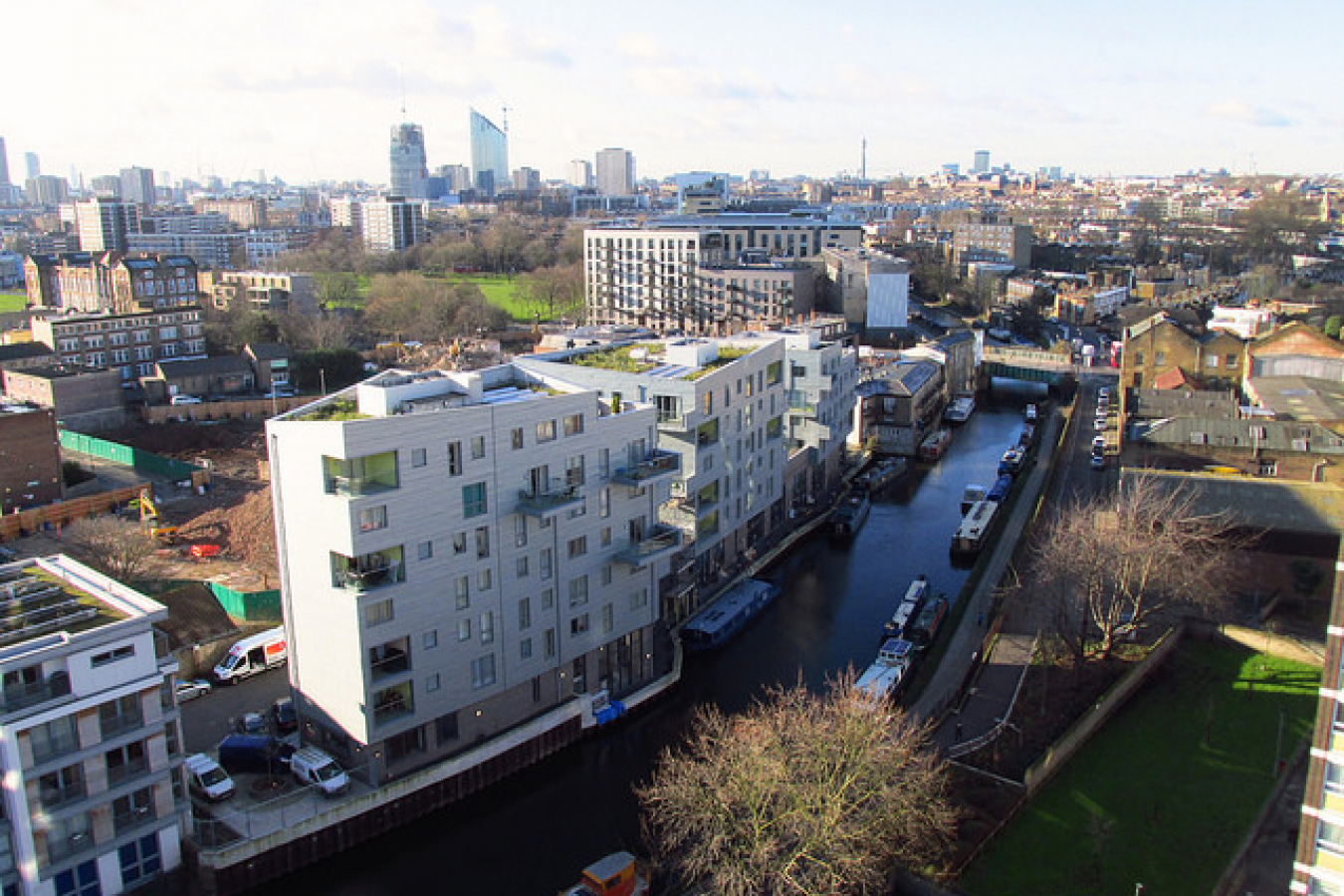A recently published government review of UK domestic worker visas, commissioned in March 2015, has exposed shocking cases of slavery, trafficking and abuse due it is said because of tougher UK immigration controls. The Home Office requested the independent review, authored by barrister James Ewins, to investigate the state of the domestic worker visa system.
Domestic worker visa holders, who accompany their employer to the UK legally, are bound to that employer without permission to switch jobs while in the country. The visa, which saw major changes in 2012, has led to a barrage of criticism - aimed at the Home Office – for putting workers in a position where they're unable to escape abusive employers.
Ewins author of the report said that his review found 'no evidence that a tie to a single employer does anything other than increase the risk of abuse and therefore increases actual abuse.'
UK Immigration Domestic worker visa numbers
Approximately 17,000 overseas domestic worker visas were issued by UK authorities in 2015, the majority of which were for domestic staff arriving in the UK from the Gulf States – namely Bahrain, Iraq, Kuwait, Oman, Qatar, Saudi Arabia and the United Arab Emirates (UAE). Half of the total number of domestic worker visa applications received came from Saudi Arabian families and families from the UAE.
Cases of abuse of domestic workers
A series of interviews, carried out as part of Ewins review, found that domestic workers feared they would face deportation or arrest if they were to report incidents of abuse. One Filipino domestic worker interviewed, Renera [surname not disclosed], described how her employer made her go days without food and prevented her from sleeping.
She is now fighting to remain in the UK having been positively identified as a victim of trafficking. However, upon contacting the Filipino embassy to tell them that she was being abused by her employer, she was told that under the terms of the domestic worker visa she had to return to Saudi Arabia with him."
None of the women interviewed were made aware of their rights under UK law. They had not seen a contract of employment prior to a UK visa application, which forms part of the requirements to obtain a domestic worker visa. Many said they had been pressured into signing visa forms without any knowledge of what they were actually signing.
Kate Roberts, the head of policy at domestic worker rights group Kalayaan, said: "Since this visa came into force in 2012, the government has received widespread condemnation of the conditions it is imposing on thousands of vulnerable women travelling with foreign employers into the UK, often with little choice, who are given no protection or agency when they are here."
Other campaigners say that the release of Ewins review makes it virtually impossible for the UK government to dismiss the idea that visa restrictions imposed on domestic workers make abuse more likely. However, the government insists that rules pertaining to domestic work visas are in place to prevent workers changing jobs as a pretence for remaining in the UK.
Domestic Worker Visa Review recommendations
Meanwhile, Ewins review recommends that domestic workers should be allowed to switch employers and remain in the UK for a maximum of two and half years prior to returning home. It also urges the government to start compiling data on the number of women reporting abusive working conditions following entry to the UK.
In response to the independent review, a Home Office spokesperson said: "The government is committed to stopping modern slavery in all its forms. We are working to ensure we provide all victims of modern slavery and trafficking with the protection and support they need through the national referral mechanism (NRM), [a government process set up to identify victims of trafficking]. Anyone who reports being brought to the UK against their will for the purpose of work shall have their case considered under the NRM."
However, campaigners say that while the government pledges to eradicate the abuse of domestic workers arriving in the UK on domestic worker visas, those abused are then pressured to leave the country. Campaigners say this results in a 'wall of silence' and they end up entering into illegal employment to send money home to their families.
President of the Filipino Domestic Workers Association, Phoebe Dimacali, said: "Women denied the chance to continue working in the UK legally run the risk of being trafficked back to the Gulf and the cycle begins again."




